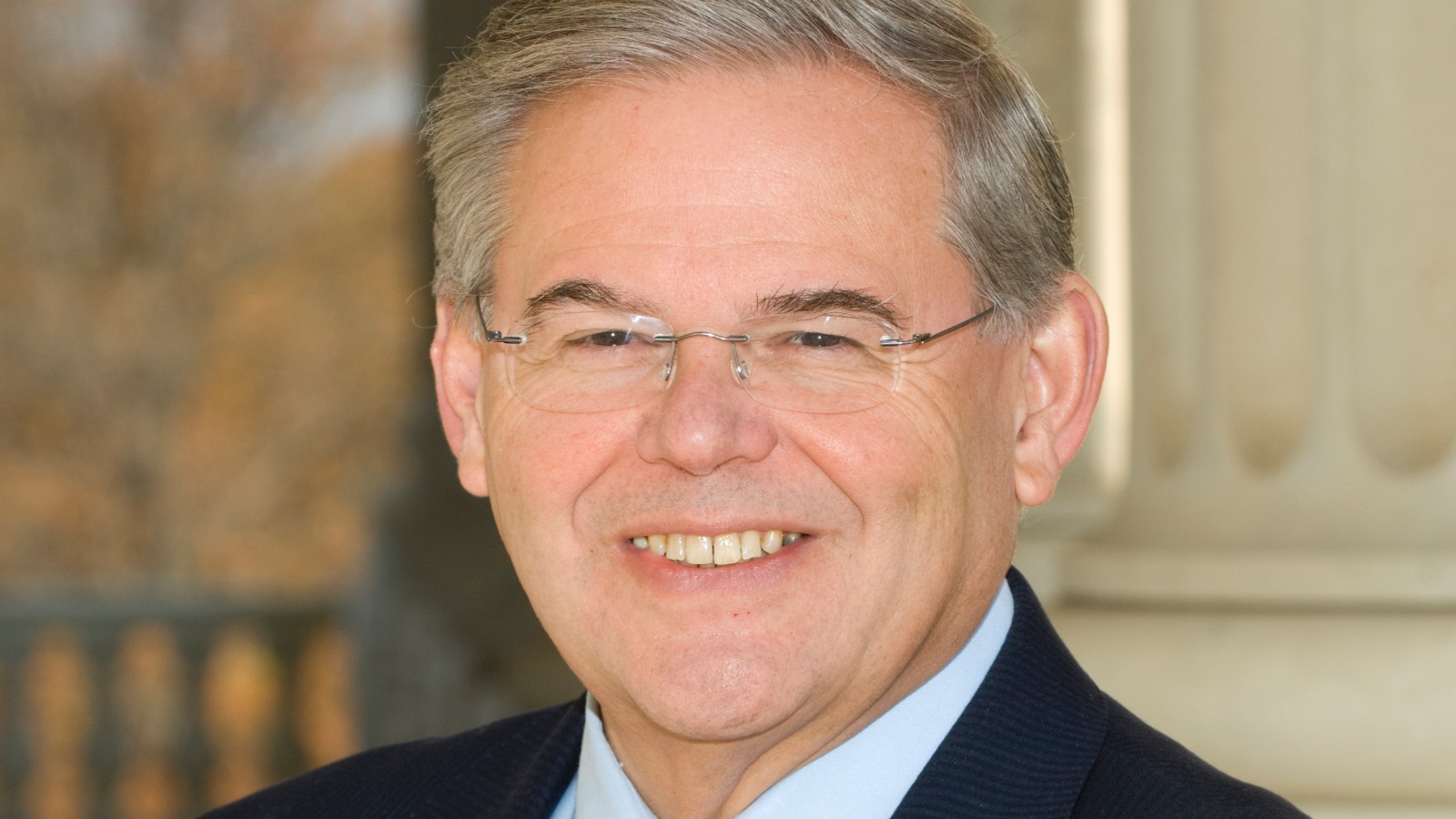The poll will test the strength of an
electoral process that has been marred by violence and flawed results
throughout the country’s short democratic history. The stakes are high,
and there is a very real danger of prolonged violence across the country
if the electorate questions the legitimacy of the outcome. The conduct
of the elections will have long lasting repercussions on both Nigerians
and the U.S.-Nigeria relationship.

Robert Menendez
Against the backdrop of these elections is
the ongoing threat and destabilization caused by Boko Haram, a group
that has killed more than 10,000 people in northeastern Nigeria during
its five-year campaign of terror, and kidnapped hundreds more, including
young girls. These actions have shocked and horrified Americans.
What many Americans may not recognize is
how important the relationship with Nigeria is for the United States. We
have economic and security interests that are at stake in this
election, especially as Nigeria has been one of our strongest allies in
the region since military rule there ended.
In the last decade, the U.S. has trained
and equipped thousands of Nigerian soldiers who have participated in
peacekeeping missions in Mali, Cote d’Ivoire and Liberia, helping bring a
measure of peace and stability to nations in the West Africa region.
But now we need Nigeria to be a front-line ally against terrorism,
particularly as Boko Haram pledges fidelity to the Islamic State of Iraq
and Syria.
Meanwhile, Nigeria also has the largest
economy in Africa and has the continent’s largest population. Indeed, it
has been identified as one in the next set of prominent emerging
economies, making it a tantalizing target for U.S. private investment.
It is also Africa’s No. 1 oil producer, although an increasingly
diversified economy — for example in the agriculture sector — provides a
myriad of opportunities for more robust trade with the United States.
Ultimately, a stable Nigeria will mean real economic opportunities for
Americans — a win-win proposition.
Yet despite this potential, the uncertain electoral environment and other serious challenges stand in the way of a deeper bond.
The reality is that endemic corruption
remains an obstacle to more cooperation, especially when you consider
the Nigerian military’s poor performance fighting Boko Haram, despite
security spending reportedly being around $6 billion last year —
clearly, much of the money meant for the military is not being spent on
salaries, equipment or materiel.
Similarly, weak governance remains an
impediment to Nigeria’s progress and enhanced ties with the United
States. Nearly 70% of those in areas in the north live in absolute
poverty, according to recent data, as compared to about 50% in southern
areas of the country. Such failure on the part of the government to
address poverty and inequality facilitates Boko Haram’s recruitment
effort and foments internal instability.
The Nigerian people clearly believe
that these issues must be addressed. According to an Afrobarometer
survey released in January, 74% of Nigerian citizens said that their
country is going “in the wrong direction.” Half of Nigerians surveyed
expressed significant concern about political intimidation or violence
in the current election environment.
If the Nigerian leadership rises to the
challenge of tackling these difficult issues, there is nothing standing
in the way of even closer ties between our two countries. But it is not
just about the leadership — this election offers the chance for all
Nigerians to choose their future, and decide which policies will shape
the next four years. Their example, for better or worse, will be watched
— and perhaps even replicated by other African states.
The decisions made in the coming days and
weeks will shape U.S.-Nigeria relations for years to come. But more
importantly, they will determine the future for Nigeria’s people. The
world is watching Nigeria’s historic choice with great expectation and
even greater hope.
Source: The African Opinion











0 comments: